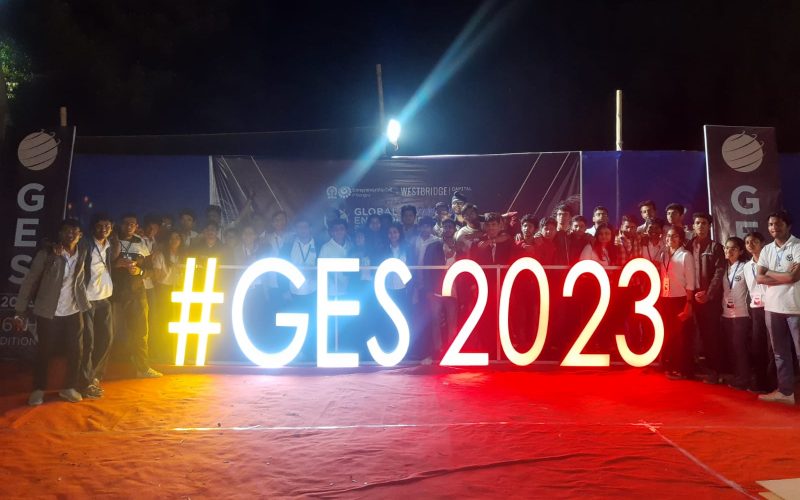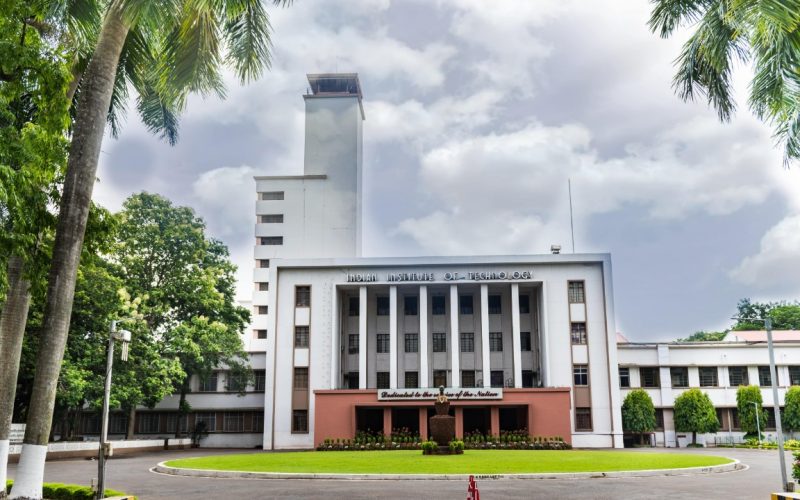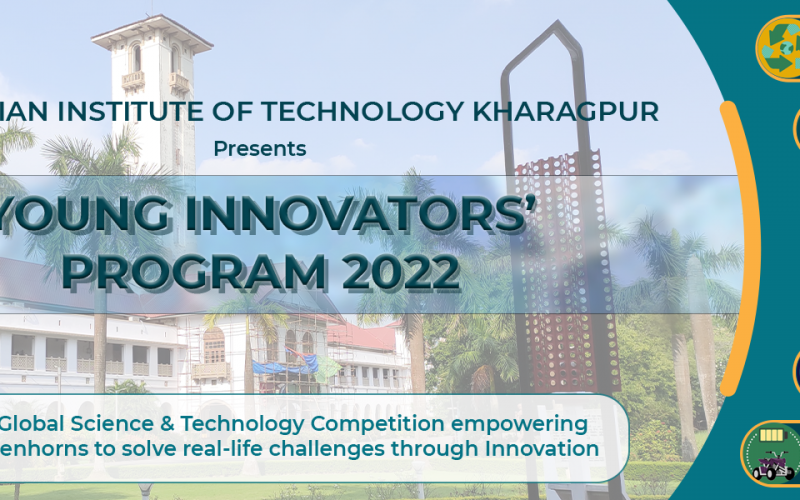
A Study on Rising Atmospheric Pollution in Rural India
Researchers from Indian Institute of Technology (IIT) Kharagpur have found increasing atmospheric pollution in rural India using Nitrogen Dioxide (NO2) measurements from satellites. Prof. Jayanarayanan Kuttippurath and Research Scholar Mansi Pathak of Centre for Ocean, River, Atmosphere and Land Sciences (CORAL) of IIT Kharagpur analysed the significant impact of urban pollution on the air quality of rural India by differentiating the pollution in two zones - rural and urban - and assessing the extent of air pollution in rural India. The researchers found that air pollution is not typically an urban phenomenon but can also affects the environment in rural…



